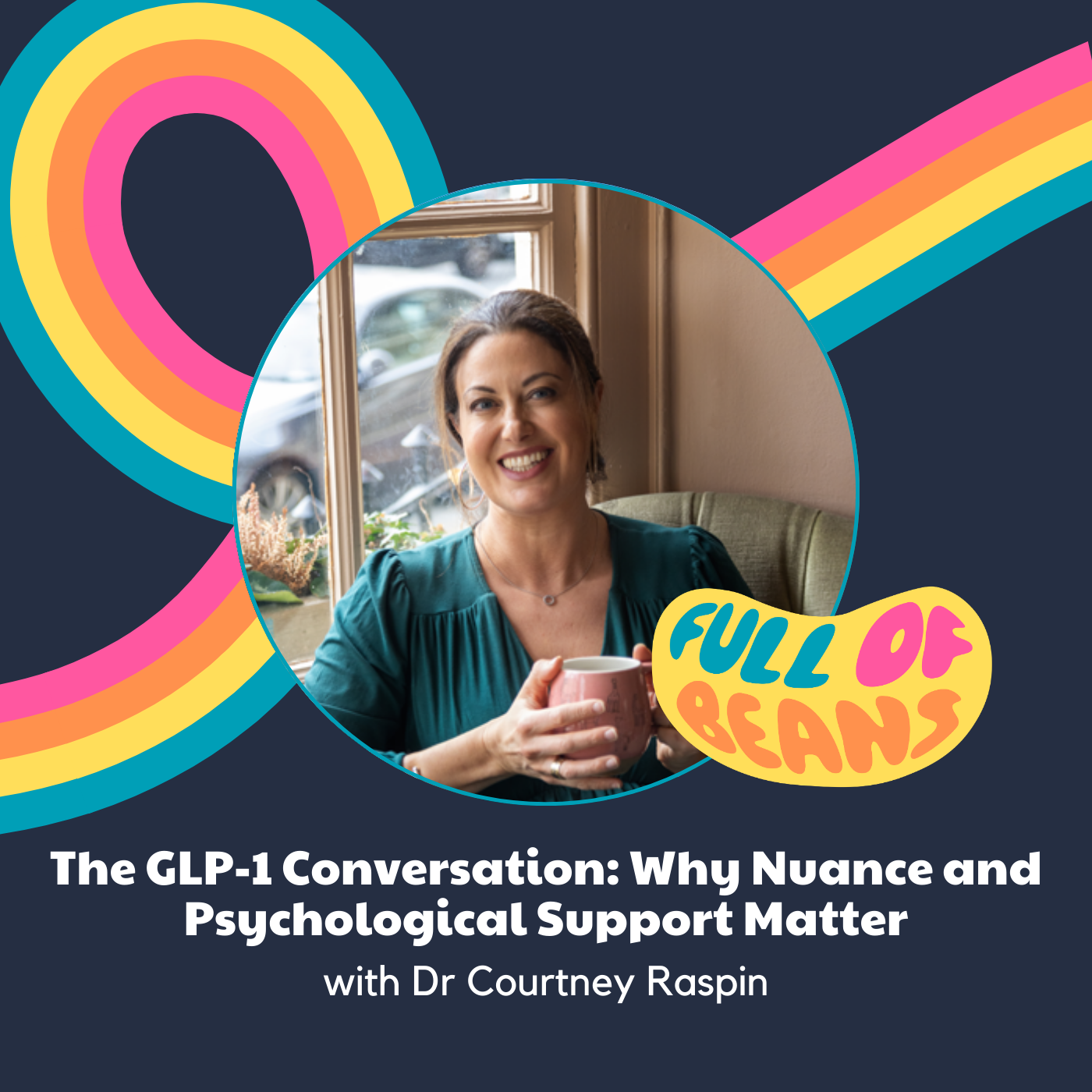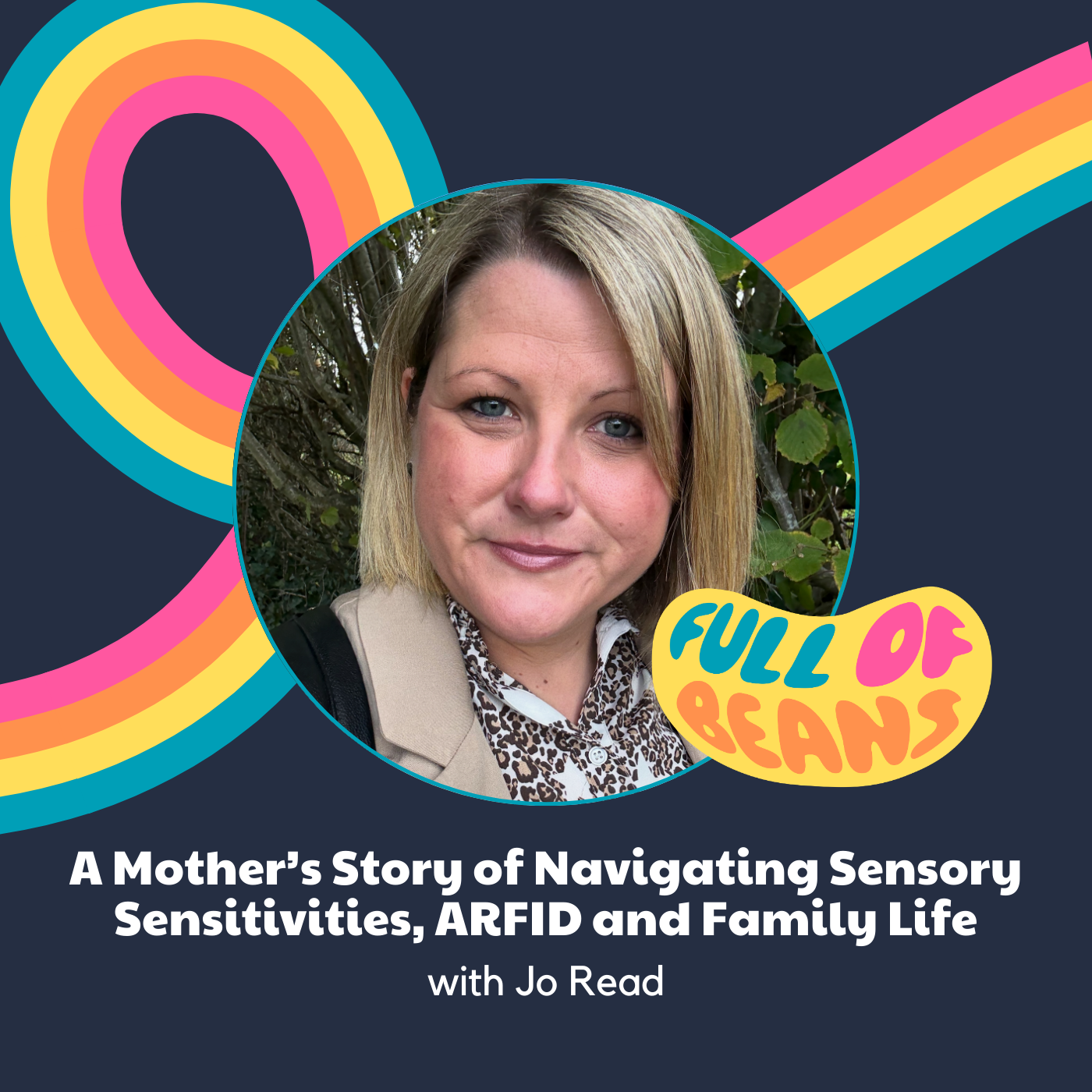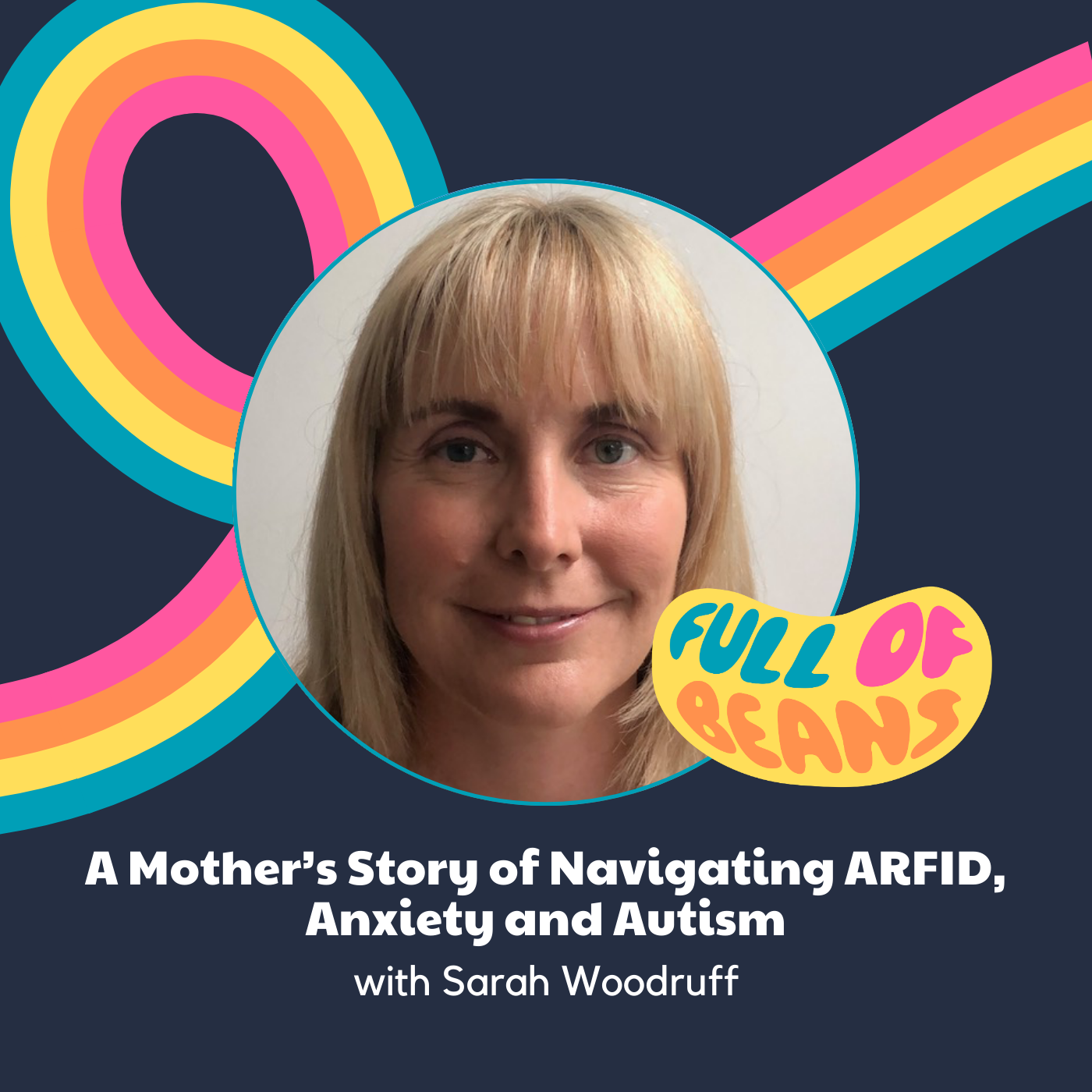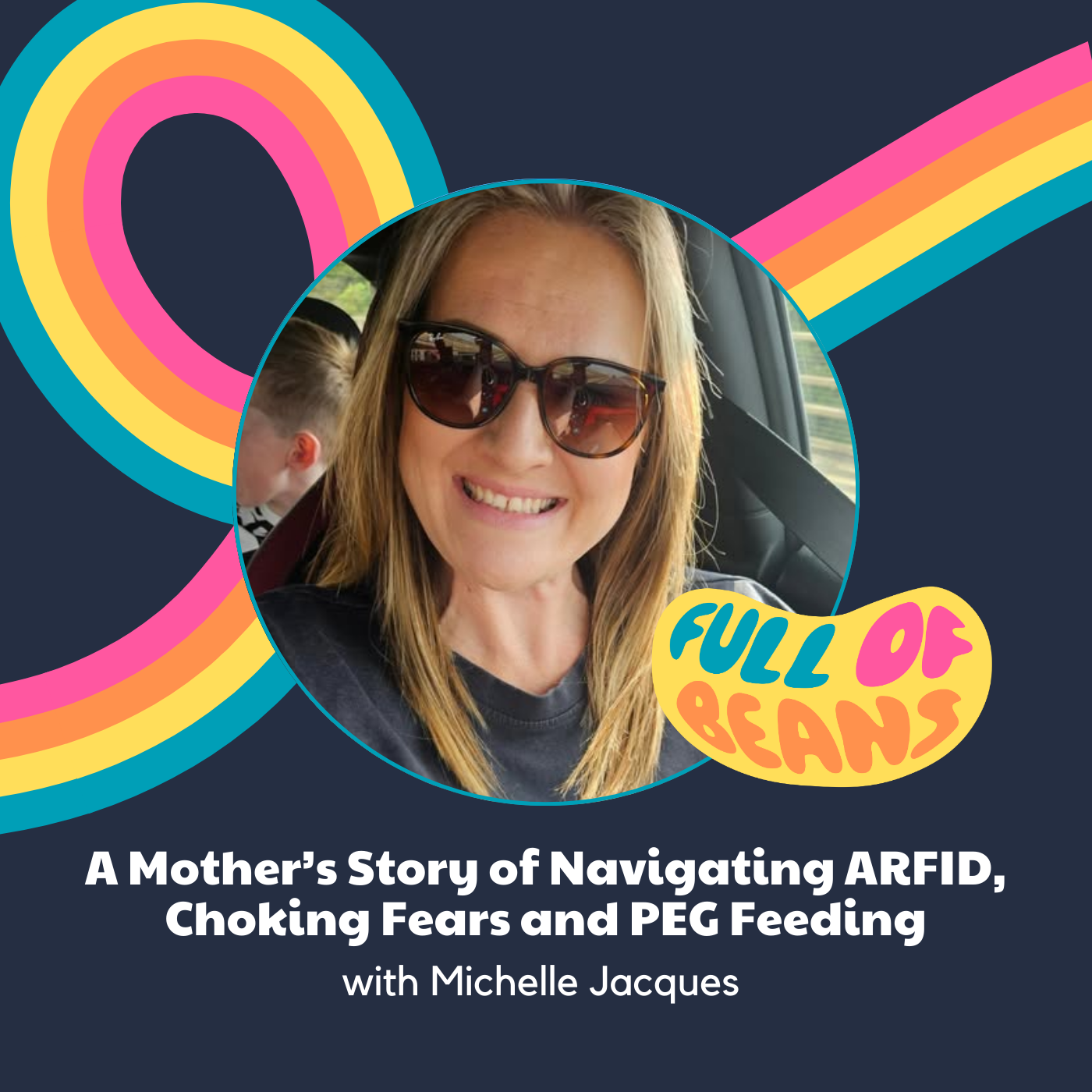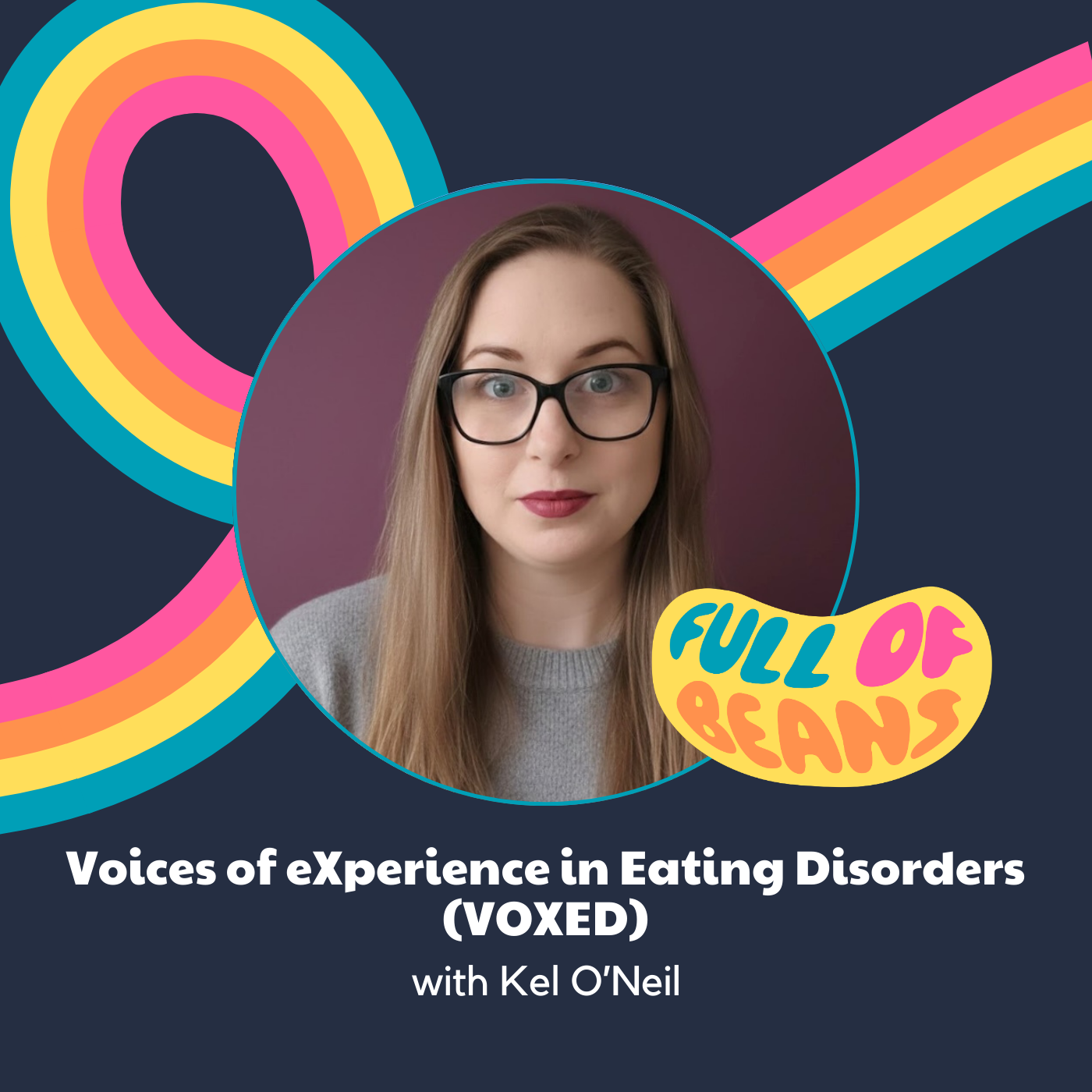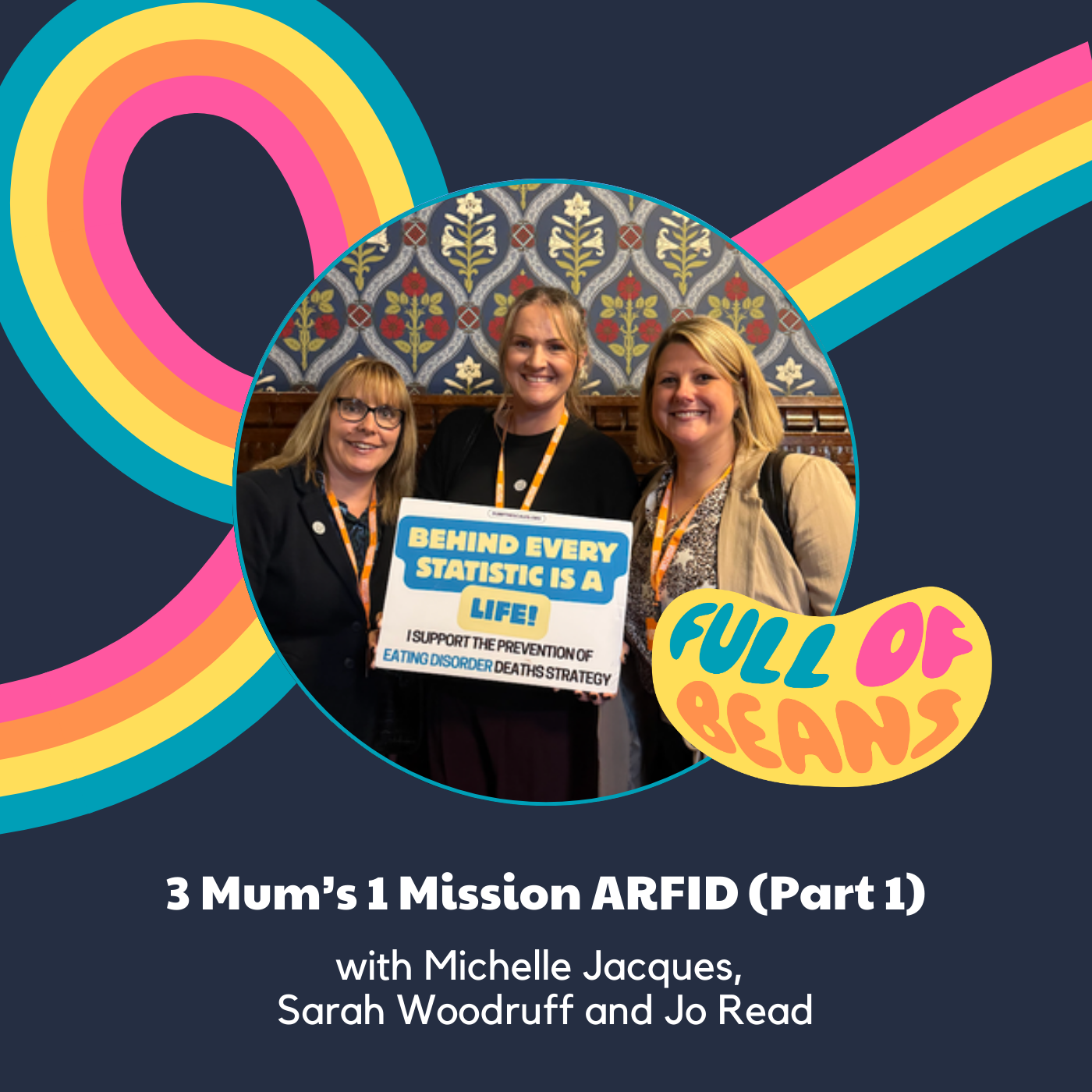Neurodiversity, Eating Disorder Recovery & Burnout
What happens when your eating disorder recovery is deeply intertwined with your neurodivergence?

Traditional eating disorder recovery models often follow a one-size-fits-all approach: rigid meal plans, talk therapy, weight targets, and a focus on "normal" eating behaviours.
But for neurodivergent individuals, especially those with autism or ADHD, these frameworks can feel confusing, overwhelming, or even impossible to navigate.
In my experience, they rarely account for sensory sensitivities, communication differences, executive functioning challenges, or the need for predictability and autonomy. My eating disorder turned out to be very little about food, but more about how I experienced the world and what I could control in order to cope with that. It was about managing overstimulation, suppressing the overwhelm, and trying to fit in to a world that felt very un "me".
In this week's episode I sat down with mental health campaigner, Remie Colledge, to speak about her experience of late diagnosed autism and ADHD. I've gathered together a few of her reflections to share how neurodivergence can shape the development, experience, and recovery from eating disorders in unique ways.
1. When Neurodivergence and Eating Disorders Overlap
Remy describes how her eating disorder developed in response to an overwhelming and unpredictable school environment:
"I was in this much bigger environment [at secondary school], and I just really struggled to navigate it. I couldn't explain why I was struggling... so I just stopped eating."
Like many autistic people, Remy experienced sensory overload, difficulty with social dynamics, and an internal sense of being different. Her eating disorder became a way to find structure and predictability in a chaotic world.
"From an autistic perspective, I’m naturally quite a rule follower. I was scared to break the school rule about not eating outside the dining hall—so I just stopped eating altogether."
2. Recovery Isn’t Linear—And That’s Okay
One of the most powerful takeaways from the episode is the rejection of "perfect recovery."
"I thought recovery had to look a certain way—that I'd tick a box and just move on with life. But I'm still figuring things out. Recovery isn't a straight line."
Autism and ADHD can create a natural tendency toward black-and-white thinking. For many, this results in unrealistic expectations for recovery. Letting go of perfection and embracing the grey can be a radical act of self-compassion.
"Recovery for me is recognising when you're leaning into old behaviours—and choosing differently when you can."
3. Burnout in Eating Disorder Recovery
Burnout is commonly discussed in the context of autism and ADHD, but less so in recovery. Remy introduces the idea of
eating disorder recovery burnout:
"I used to sprint through recovery. I'd set a master plan, be full of energy, and then get completely exhausted. I'd crash."
Burnout and relapse became a cycle: pushing forward, burning out, relapsing, then starting over. Understanding this pattern helped her start to break it.
"It wasn’t until I started recognising burnout as a signal—not a weakness—that I began to change things."
4. Building a Life That Works for You
Rather than trying to squeeze into societal norms, Remy reframed recovery as building a life around her needs:
"How do I rebuild a life that works for me and my brain? Not for what the world expects."
This includes recognising sensory needs, honouring rest, embracing special interests, and shifting focus from disorder to meaning.
"Recovery isn't about becoming a 'normal' person. It's about becoming yourself, without shame."
5. The Power of Community and Shared Experience
One of the most moving parts of the conversation is the solidarity Han and Remy felt as neurodivergent people in recovery:
"We spend our whole lives feeling different. But when you connect with someone whose brain works like yours, it's like—finally, I'm not alone."
Their laughter, honesty, and emotional resonance serve as a powerful reminder: recovery doesn’t have to be solitary, and it doesn’t have to be perfect.
Final Thoughts
Recovery is deeply personal. For neurodivergent people, it may involve unlearning shame, tuning into the body’s needs, and reframing behaviours not as failures, but as survival strategies.
"I'm still learning. The work never stops. But I trust myself now, and that changes everything."
You can listen to our latest episode with Remie on the Full of Beans podcast.
Sign up for our mailing list to keep updated with the podcast here.
Sending positive beans your way,
Han 💛

